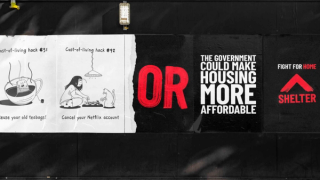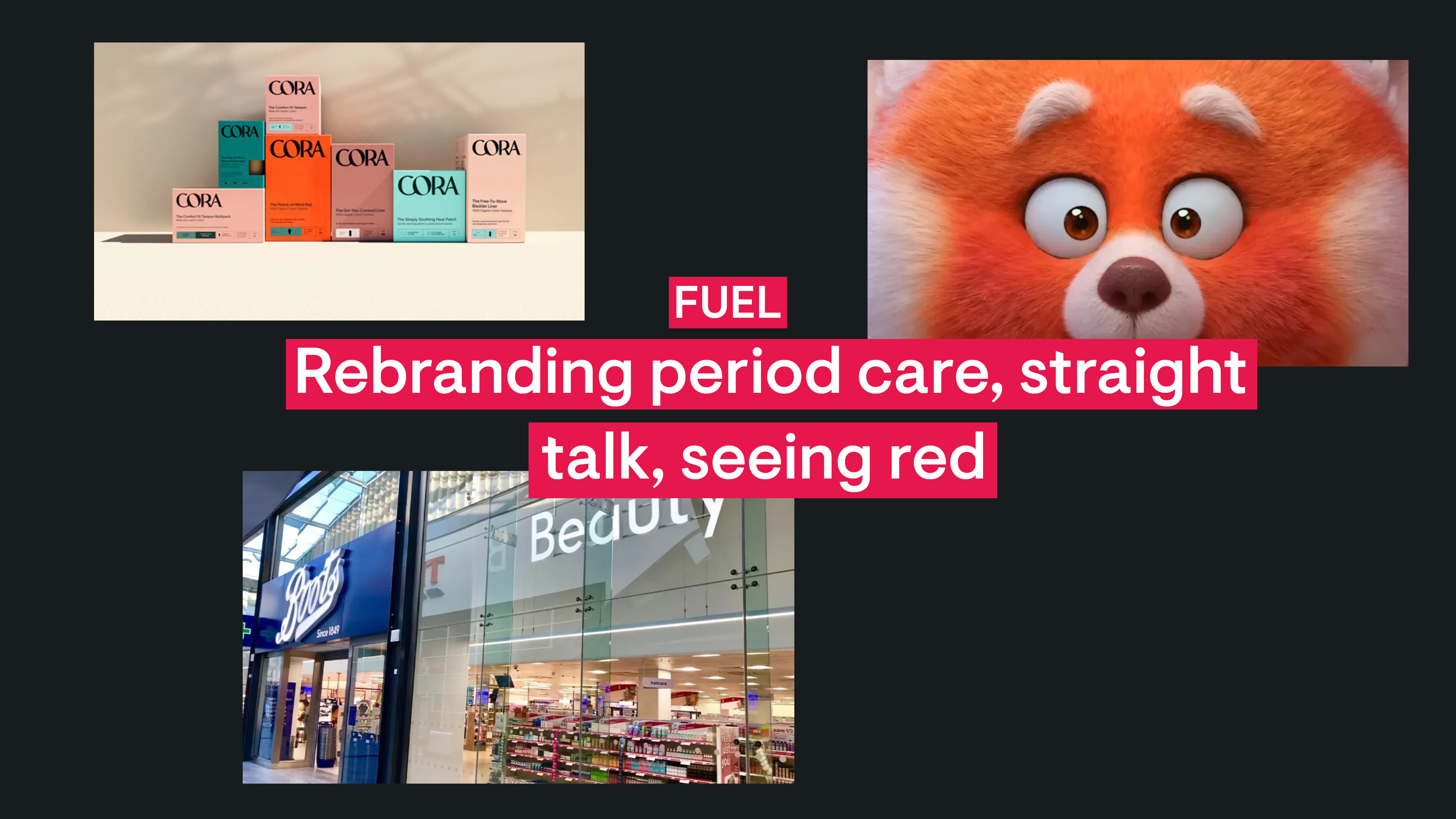The Drum asked us to share our views on the cost of living crisis and how brands should be playing their part. Strategy Director Paul McGuigan shared his view. The Drum explained:

"We recently saw Shelter release a poignant campaign mocking the government’s cost of living ‘hacks.’ Want to save on the things that get you through the day? Re-use your teabags, or simply cancel your Netflix subscription.
Or, as Shelter points out, the government could make affordable housing for all.
It’s a strong message, but it poses the question: is it only charities that can call out the current government’s meek tackles on the cost of living, or should our household brands be stepping up to the mark too?
These industry execs make their case for why the biggest advertisers need to get bold in their comms to help their consumers through the cost of living crisis.
Paul McGuigan, strategy director and co-owner, Thompson
Brands are currently falling into three categories. Type one, or ‘The Price Heroes,’ sees brands tackling the symptoms of the cost of living through clever pricing. Type two, ‘The Mouthpieces,’ combats the symptoms by calling out the government or other influencing bodies for not providing adequate support. Type three, ‘The Changemakers,’ are doing both of these while proactively making suggestions for lobbying policy change.
Brands under type one, such as Boots with its low-priced essentials range, only create real cut-through if they demonstrate a new and deeper empathic understanding of what people are going through. The Shelter campaign, which reflects a fearlessness of ‘getting political’ and taking on the government’s shallow faux empathy, is an excellent example of the second brand type.
The chief executive officer of Shell this week went further than pricing strategies and criticizing current price-cap plans, and said that governments should tax energy and fuel companies more and use the proceeds to help the poor.
It’s powerful because it’s not just a criticism – it’s a direct recommendation of how to make a difference from those who have the power to do so. It was a bold move from Shell, an energy company that has a track record for ruffling the feathers of many activists."




